In the composites industry, keeping styrene exposure levels down depends on the resin’s nature (styrene content), the application process, mold type and equipment used as well as workshop conditions (temperature,ventilation, collective protection, personal protective equipment, etc.). At the European level, the DNELs (Derived No Effect Level)(1) for styrene have been set at 20ppm (long-term, over 8 hours) and 68 ppm (short-term): these are the thresholds for the safe use of styrene. Moreover, each Member State has its own Occupational Exposure Limits (OELs) that has to be met by manufacturers applying resins and/or gelcoats containing styrene. In 2015, there is a vast disparity of OELs depending on each country’s legislation (between 10 and 100 ppm) but the general trend is that countries’ OELs will decrease to meet the European DNEL’s limit, thus ensuring safe use of styrene-based chemicals.
In Italy, the OEL for styrene is already at 20ppm and France could follow this trend in 2017: the ANSES sanitary agency proposal is to reduce the OEL(2) from 50ppm to 23ppm. From these findings, the need to develop innovative solutions has arisen to create new resins and gelcoats formulations. The challenge is to provide lower styrene exposure levels when the products are applied in the workshop, to meet European and National legislation limit values. Besides, creation of larger molded pieces in the marine or transportation market makes it more difficult to reach reduced styrene exposure level targets.
In December 2014, Polynt Group acquired CCP Composites and created Polynt Composites branch. This strategic acquisition has led to new innovations and Polynt Composites has succeeded in its Research & Development efforts to enhance its portfolio and manufacture new Low-Styrene Content (LSC) resins and gelcoats. These new references meet the high technical requirements of the marine and transportation markets and answer an increasing demand from customers for LSC unsaturated polyester resins and gelcoats, allowing them to limit the employees’ exposure in the workshop. Emissions tests in Polynt Composites laboratories of the new Low-Styrene Content resins and gelcoats provide conclusive results: styrene emissions are reduced by up to 60% for resins and up to 30% for gelcoats with the new LSC formulations compared to a standard resin or gelcoat.
Polynt Composites’ LSC resins and gelcoats have been tested, approved and are now produced at industrial scale: they are ready-to-use in already existing industrial processes, so there is no need to adapt or change the standard industrial equipment. The formulations have a reduced styrene percentage and therefore limit styrene emissions, odors and exposure in the work atmosphere. Polynt Composites’ LSC resins and gelcoats are a key asset to meet the styrene exposure legislation requirements and provide the same technical performance and mechanical properties when compared to standard resins.
For more information, please contact your local Polynt Composites representative or local contact in your region: http://www.polynt.com/contact-informations.
Polynt Composites is the global leader for unsaturated polyesters resins, with production sites in Americas, Europe and Asia. Polynt Composites is also the leading producer of gelcoats.
- By inhalation route, systemic effects.
- Over 8 hours.
